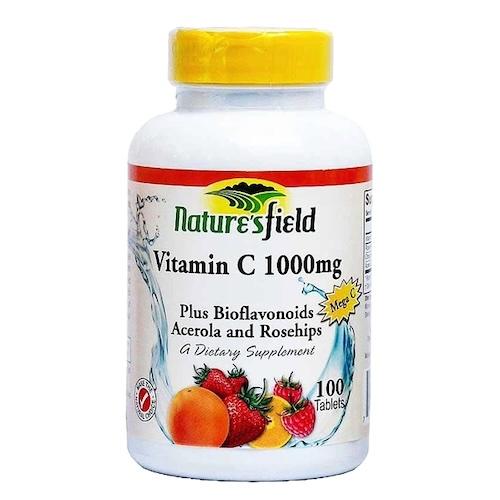Health Benefits Of Supplements

Health Benefits Of Supplements
By Abbah Christy
Supplements can offer health advantages by addressing nutritional deficiencies and helping individuals meet their daily nutrient needs, contributing to areas like skeletal health (with calcium and vitamin D), cardiovascular health (with omega-3 fatty acids), and immune response (with vitamins C and E). Additionally, they can enhance energy levels, support athletic performance, and ease specific symptoms, such as hot flashes associated with menopause.
Nevertheless, their effectiveness can differ among individuals, and they should be used with caution to prevent negative effects or interactions with other medications.
Specific advantages:
Nutritional support: Supplements can provide necessary vitamins and minerals that might be missing from a person’s diet.
Immune function: Antioxidants such as vitamins C and E help shield the body from oxidative damage, and other supplements may also strengthen the immune system.
Energy and athletic support: Certain supplements can enhance energy levels and assist the body during exercise.
Targeted health concerns: They may benefit conditions such as age-related macular degeneration, osteoporosis, and issues with nutrient absorption from disorders like celiac disease or Crohn’s disease.
Consult a professional: It’s important to speak with a healthcare professional before starting any supplement to ensure it’s suitable for you and to determine the appropriate dosage.
Not a substitute for food: Supplements are designed to complement a nutritious diet, not to replace it. The nutrients found in whole foods interact in ways that cannot be duplicated by a single supplement.






